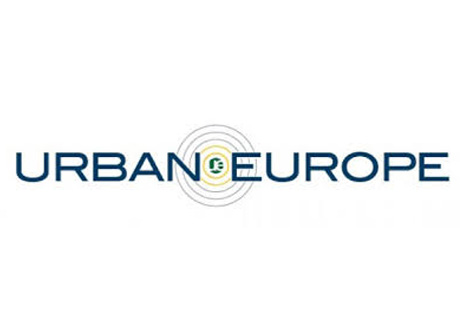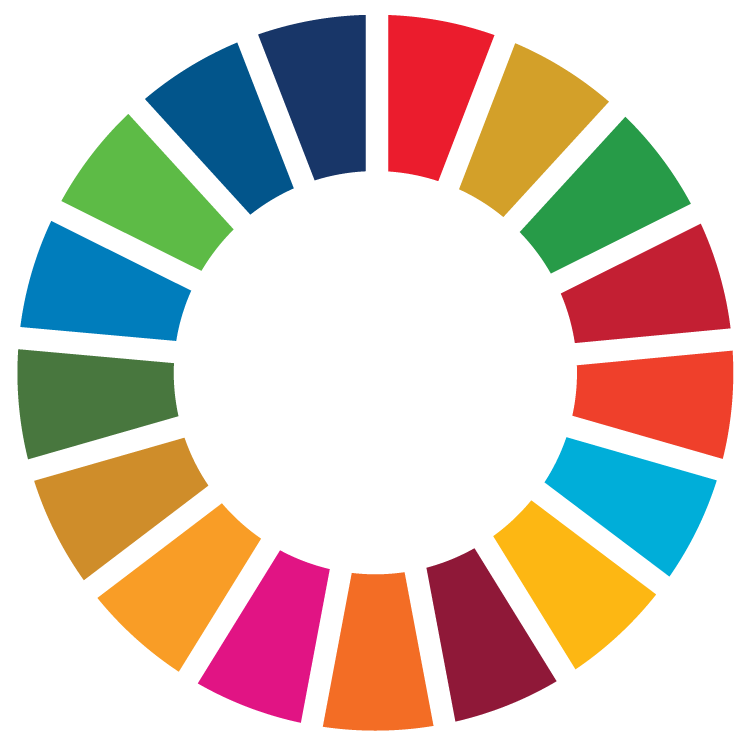
Urbanising in Place. Building the Food-Water-Energy Nexus from Below (UiP)
Funders
JPI-Urban Europe/ERA-NET/Belmont Forum (11 national research funders, and specifically UKRI for the UK academic partners – grant number ES/S002251/1 - and Innovate UK for the UK business partners)



Value
€1,469,272
Collaborators
Department of Architecture and Urban Planning & Department of Applied Biosciences, University of Ghent, Belgium (lead); Centre for Agroecology, Water and Resilience, Coventry University, UK (co-lead); Faculty of Social Sciences, University of Sheffield, UK; Quantum Waste, UK; Shared Assets, UK; Rural Sociology Group, Wageningen University and Research, Netherlands; Sampling, Riga, Latvia; Art Academy of Latvia, Institute of Art History, Latvia; Architecture Workroom Brussels, Belgium; CONICET - Universidad Nacional de Rosario, Argentina; URBEM, Sao Paolo, Brazil; RUAF Foundation (as subcontractor).
Team
Dr. Chiara Tornaghi, Dr. Alex Franklin, Prof. Moya Kneafsey
Duration
1 April 2018 - 31 March 2021
Website
CAWR Themes
Resilient Food and Water Systems in Practice
Community Self-Organisation for Resilience
Policies and institutions for resilient food and water systems
Sustainable Development Goals
GOAL 7: Affordable and Clean Energy
GOAL 10: Reduced Inequality
GOAL 11: Sustainable Cities and Communities
GOAL 12: Responsible Consumption and Production
GOAL 13: Climate Action

Project Objectives
Processes of urbanisation tend to marginalise the role of small holders in managing the food-water- energy nexus: farmers and food producing communities are often spatially interstitial, and operate within precarious conditions in which nutrient cycles, energy conservation, water harvest, soil management and food production happen under marginal and residual conditions. Nonetheless, peri- urban areas and the urbanising fringes of metropolitan areas tend to harbour a rich variety of farming practices and there is empirical evidence that urban farmers play a key role as localized and distributed operators of the food- water-energy nexus. ‘Urbanizing in place’ will explore how farming and food growing practices on the metropolitan fringe, threatened by an ever expanding urbanisation, may be reimagined and reconfigured within what we call ‘agroecological urbanism’: a model of urbanisation which places food, urban metabolic cycles and an ethics of land stewardship, equality and solidarity at its core. The project will explore the physical and metabolic context, scenarios for economic valorisation and political processes that can enable alternative metabolic capabilities, and the specific practices and configurations that farmers and food growing communities could develop in order to regain control over resources and claim an active role as agroecological urban food-water- energy actors.
While a large part of current research on the link between sustainability, ecological practices and ecosystem services (including urban agriculture) is focussed on high-density forms of urbanisation, in this project we take up the important challenge to reflect on loosely-urbanised landscapes on the metropolitan fringe, such as those of suburbs and low density conurbations.
The horizontal metropolis of the peri-urban, which provides the specific context for this project, is confronted with an interesting paradox: agriculture is still largely present in these areas and exists in close proximity to new forms of urban settlement yet hardly entertains any relationship with them. At the same time, the remaining agricultural patterns perform vital open space and ecosystems services which are not valued by the logics of urbanisation. The de-valuing of these ecosystem services poses an ongoing threat to the farming practices that generate them.
Farmers and food growing communities play a crucial role in managing the food-water-energy (FWE) nexus in the metropolitan fringe, but their often operate within precarious conditions in which nutrient cycles, energy conservation, water harvest, soil management and food production happen under marginal and residual conditions.
Contemporary dynamics of urbanization tend to push farmers and food growers out of the city boundaries, displacing food production and resources conservation practices too. Nonetheless, peri-urban areas and the urbanising fringes of metropolitan areas tend to harbour a rich variety of farming practices and there is empirical evidence that urban farmers play a key role as localized and distributed operators of the food-water-energy nexus.
'Urbanising in place' will imagine new ways to bolster the role of food growers in managing the FWE nexus rather than pushing them out. The project will explore how farming and food growing practices on the metropolitan fringe, threatened by an ever expanding urbanisation, may be reimagined and reconfigured within what we call 'agroecological urbanism': a model of urbanisation which places food, urban metabolic cycles and an ethics of land stewardship, equality and solidarity at its core.
The project brings together innovative practices from 4 different contexts (Riga, Rosario, Brussels, London) in an international platform aimed at mutual learning and the identification of critical pathways for change.
The research project will establish a transdisciplinary social platform (UFJ-ESRC 2011) that will act as a co-creation and learning lab that brings together an interdisciplinary group of scholars, local government actors, national and international NGOs for the mobilisation of technical or policy knowledge, and community stakeholders.




